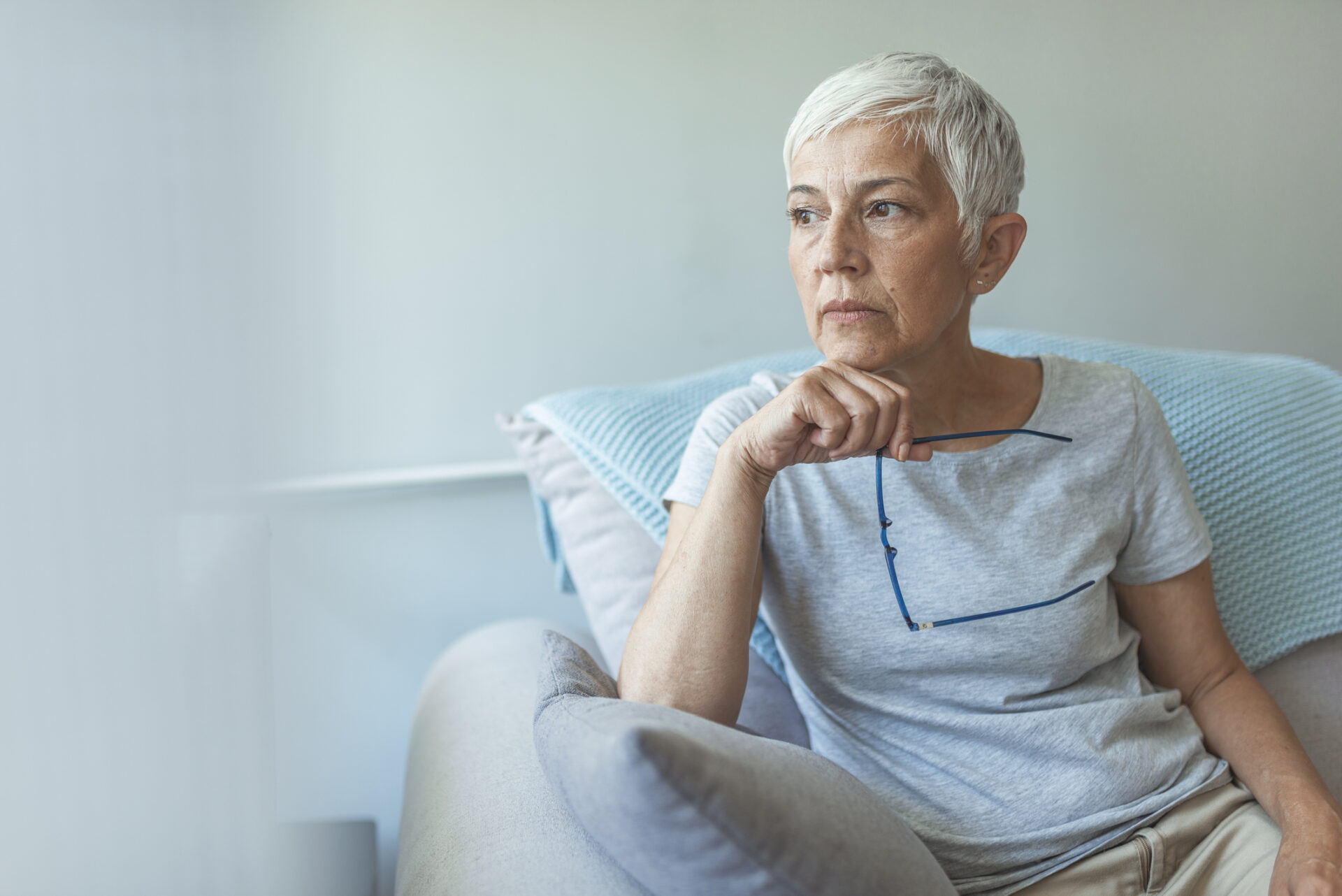Consultation Response – National Strategy for Preventing and Responding to Child Sexual Abuse in Wales (CSA) (2025 – 2035)
Thank you for the opportunity to respond to the above consultation. Taking action to improve responses to older people’s experiences of abuse is vital and is one of my key priorities.
It is important to acknowledge the Strategy’s positive emphasis upon the effects of child sexual abuse which can extend across the whole life course. This highlights the critical need for effective, trauma-informed support and services for adult survivors of child sexual abuse.
I would like to highlight the issues below in relation to the consultation.
Older people experience all the same kinds of abuse as those in younger age groups yet often find it extremely difficult to disclose their experiences of abuse. Awareness of and access to appropriate services and support is also a significant challenge for many.
The difficulties experienced by older people are perhaps nowhere greater, than in relation to sexual violence and abuse. Older people often find it difficult to talk about sexual violence and abuse because of generational norms that discourage open discussion of such topics, and which lead to feelings of shame and embarrassment.
Ageist attitudes and assumptions also mean that older people are typically viewed as ‘asexual’ and as unlikely victims of sexual violence / abuse. These attitudes lead to professional “blind spots” wherein practitioners often fail to ask questions about sexual violence; inadvertently limiting an older person’s opportunities for disclosure and access to support.
I recently convened a multiagency roundtable, to discuss what is known about older people’s experiences of sexual violence and abuse, and to highlight the actions needed to improve responses to older people affected by this form of abuse. I plan to publish an overview of the roundtable discussion later in the autumn.
It was evident from the roundtable discussion that the trauma and distress caused by CSA can last throughout a person’s lifetime; some older people ‘carry’ the shame of their experience for decades before disclosure. Colleagues from the specialist sector describe working with some older people, for whom the challenges of disclosure are so significant that they only choose to share their experiences when reaching the very end of their lives. These older people describe wanting, at that stage, to tell someone about their experiences, so as to ease their emotional burden.
Critically, the actions identified as necessary within the Strategy, firmly resonate with those identified by the roundtable participants. Those attending the meeting highlighted, for example, the need for awareness-raising. The importance of training was also highlighted to develop practitioner competence and confidence in this area of work along with the need for effective, trauma informed services, which must be available and accessible to adult survivors of all ages.
Discussion also focused upon the need for improved systems of data collection to determine the prevalence of experiences of sexual violence / abuse among older people. Data should be collected to highlight the levels of both recent and non-recent sexual abuse experienced by older people, including CSA. In particular, age-related data should not be limited to broad categories such as 65+ but broken down into smaller groupings (e.g. 5- or 10-year intervals) to better capture the distinct experiences and needs of different age groups. More broadly, it is vital to understand the intersectionality of these factors, as overlapping characteristics can compound risk and shape how individuals experience and are affected by CSA.
We welcome the proposed actions within the Strategy, focused upon ‘supporting adult victim survivors’ (3:2). It is critical that older people are among those who are given the opportunity to share their experiences of CSA. This will help raise awareness of the profound, long-term impacts of this type of abuse. The specific needs of older people affected by CSA should also be considered, as training is developed by the Routine Enquiry Project Group. We know, for example, that older people do not necessarily use the same language and terminology as those within younger age groups when talking about their experiences of abuse. Such issues must be considered if practitioners are to be upskilled to routinely ask about CSA, when in conversation with adults. We also acknowledge the importance of increasing the visibility and recognition of support services for adult survivors of child sexual abuse, so that older people affected by CSA can access the practical and emotional support needed to promote wellbeing and recovery.
I note the links made with other related policies and areas of practice across government. Whilst the work of the VAWDASV Blueprint is appropriately acknowledged within this section, I would also highlight the need for join up with the Welsh Government’s National Action Plan to Prevent the Abuse of Older people in Wales. The plan highlights the actions needed to both prevent and to respond appropriately to the various kinds of abuse (including sexual violence and abuse), affecting older people.
The Strategy offers a critical opportunity to raise awareness of CSA, and to highlight its potentially lifelong impacts. The persistent and enduring effects of CSA will be highlighted through ensuring explicit recognition of the experiences and needs of older people affected by this type of abuse. I would welcome the opportunity for continued discussion regarding this important area of work and as appropriate, for members of my team to input into relevant work streams around for example, the development of training frameworks and responsive services.
I hope that you find this information useful. My team would be happy to discuss these issues further. Please contact my Safeguarding Lead, Andrea Cooper, (andrea.cooper@olderpeople.wales) if you would like to explore any of the above areas in more depth.
Yours sincerely,




